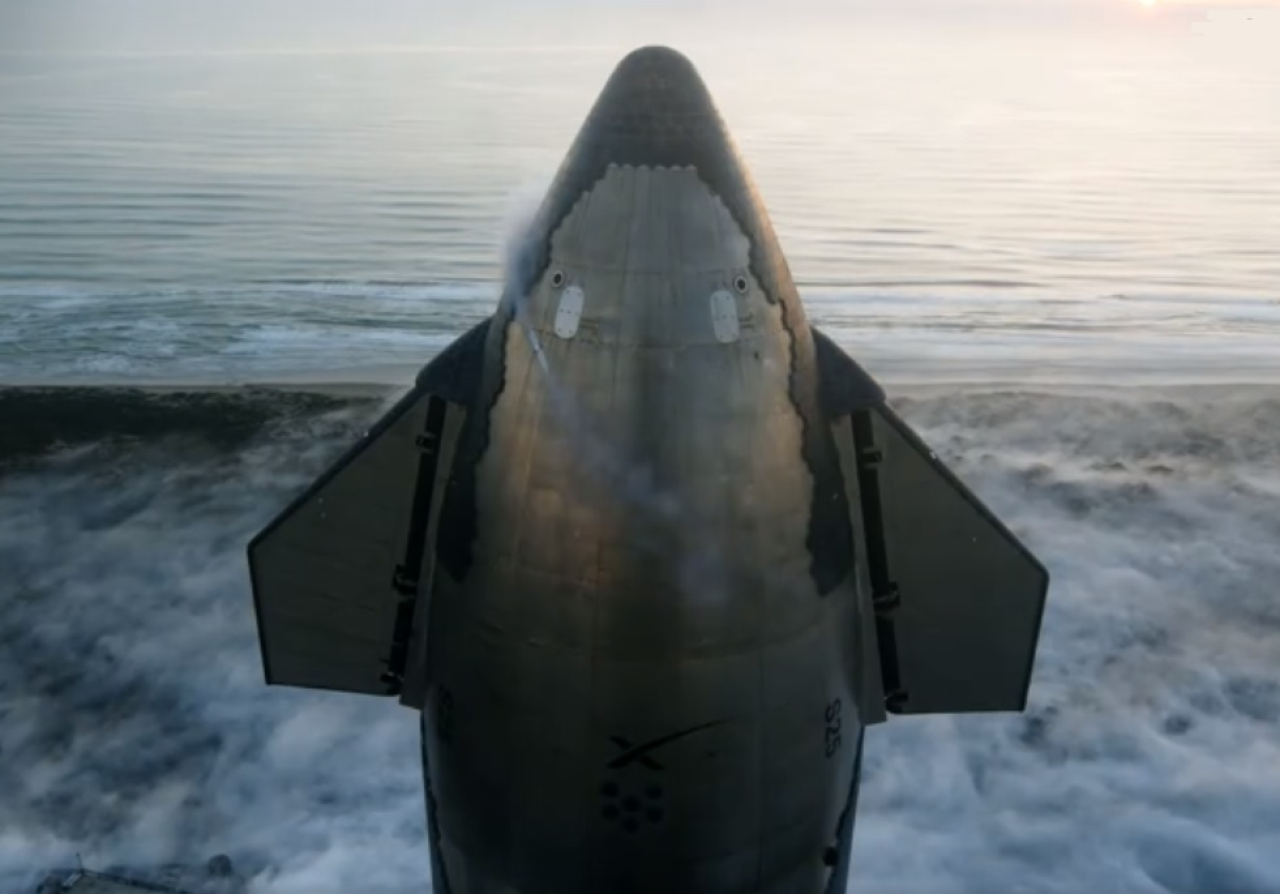Successful Failure: SpaceX's Starship and Lessons in Operational Readiness (ORAT)
Mo. Ashmawy
December 27, 2023

SpaceX's Starship launch on November 18, 2023.
© SpaceX
In the annals of aerospace history, few moments capture the essence of ‘successful failure’ as vividly as the recent SpaceX Starship launch on November 18, 2023 that went wrong.
However, it is because of this that the fascinating concept of ‘successful failure’ comes to life in a tale of how even the grandest ventures can teach us invaluable lessons through their challenges.
Let’s dive into this story of resilience and innovation and discuss how embracing setbacks can lead to groundbreaking advances across all industries.
Picture this: the largest rocket ever constructed, standing nearly 400 feet tall on the launch pad. Its massive super-heavy first stage, powered by 33 Raptor engines, is a marvel of engineering, demanding perfect synchrony to propel the Starship into orbit.
The world watches in awe as this rocket soars into the sky on its second launch attempt, marking a significant leap in space exploration. Despite losing contact mid-flight, this event is not just a launch; it's a testament to the relentless pursuit of progress through iterative learning and improvement.
It's a story that resonates with the principles of operational readiness, a concept far broader than its aviation origins. The journey towards innovation and operational excellence is often marked by setbacks and challenges. This universal truth is exemplified in fields like aviation and space exploration, as well as various operational programs across industries.
Embracing ORAT Principles
Operational readiness, activation, and transition also known as (ORAT) is traditionally associated with aviation. It is a concept with far-reaching applications, offering valuable lessons in embracing failures to achieve overall success.
The Starship's second launch attempt underscores the ORAT philosophy: iterative learning and continuous improvement are crucial in pioneering ventures, regardless of the industry.

The rocket tip of Starship on launch day.
© SpaceX
Between 1931 and 1956 there were several historic aviation disasters such as the tragic crash that killed celebrated football coach Knute Rockne in the United States. These led to significant safety improvements, emphasizing the need for rigorous operational testing and adaptive measures.
The Apollo 13 Odyssey is a lesson for everyone, not just the space industry. The mission's near-disastrous yet triumphant, return to Earth is a testament to the power of operational readiness and adaptability, principles at the core of the ORAT philosophy.
The evolution of technology, such as the development of GPT-3 and Apple’s transition to ARM architecture, demonstrate how the ORAT mindset—embracing iterative improvements and learning from each version—drives progress.
ORAT in Diverse Operational Contexts
Beyond aviation, the ORAT framework can be effectively applied in numerous settings, from large-scale technological deployments to complex logistics operations. This approach ensures that projects are thoroughly vetted, potential issues are identified and addressed, and operational efficiency is optimized before full implementation.
‘Successful Failure’ is a concept that transcends industry boundaries, embodying the essence of ORAT in fostering operational excellence. Whether in aviation, space exploration, technology, or any other field with complex operational requirements, embracing and learning from setbacks is key to achieving long-term success and reliability.
As we continue to navigate the challenges of operational projects, the ORAT philosophy guides us to view each failure not as a failure, but as a setback that is a vital step towards ever greater achievements.
[Mo Ashmawy has more than 18 years of experience in the aviation and transportation sectors, spearheading transformative capital programs, such as the Midfield Terminal Complex at Abu Dhabi Airport. His accolades include a ‘Top 40 Under 40’ entry in Airport Business magazine and being honored as an ‘Industry Luminary’ at the 2023 OPCONIC Awards.]
